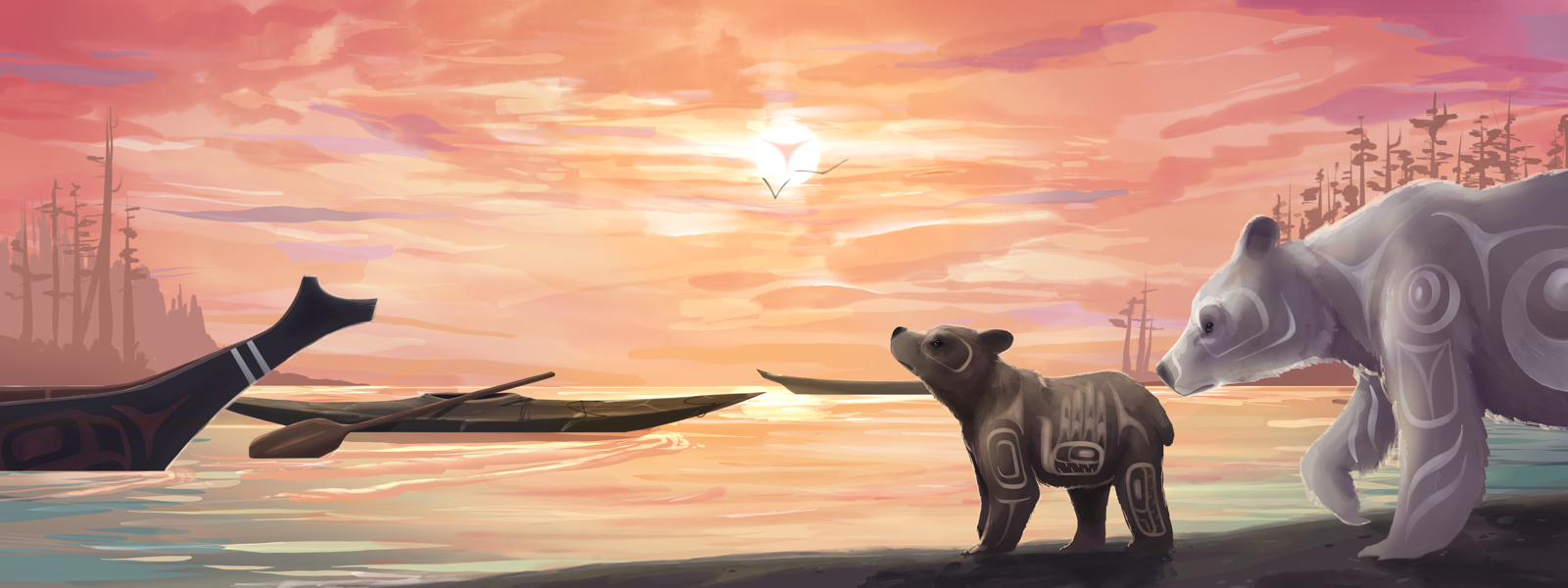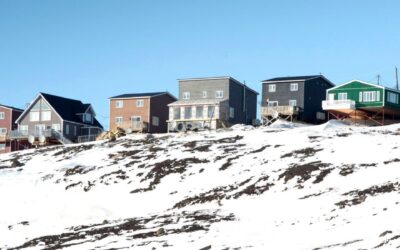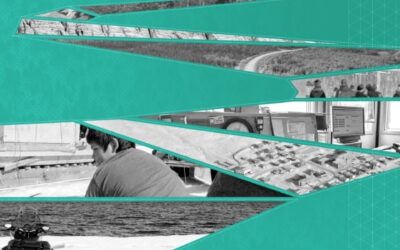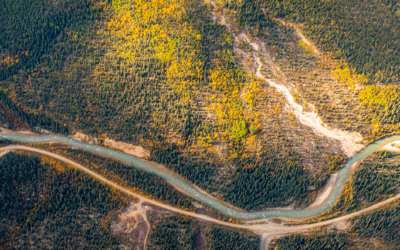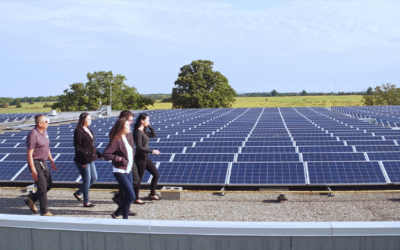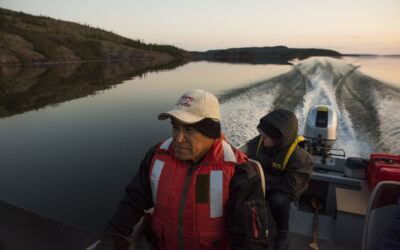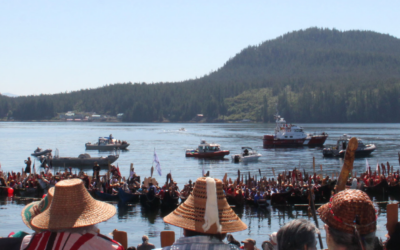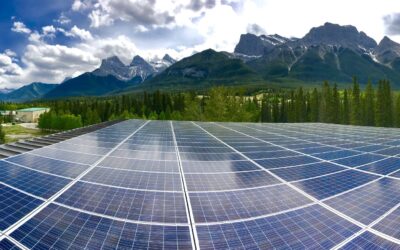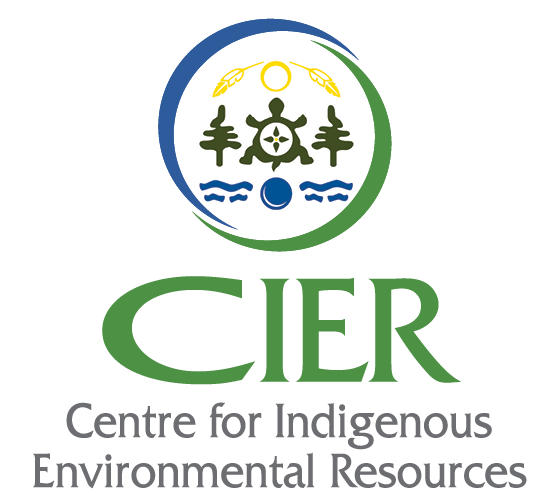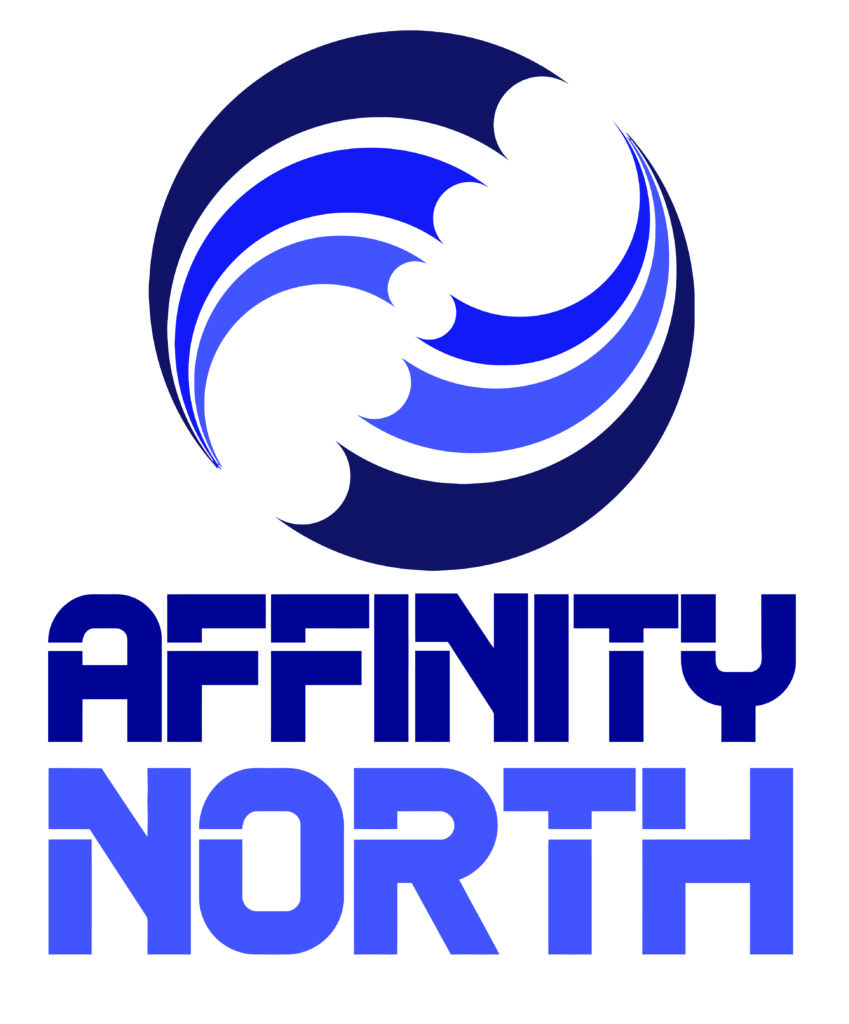As an organization we are committed to research practices that reflect a commitment to Indigenous reconciliation and a respect for Indigenous sovereignty. We ground our work in moving the United Nations Declaration of the Rights of Indigenous Peoples, and Canada’s Truth and Reconciliation Commission’s recommendations forward, and acknowledge that Indigenous Knowledge systems must be a cornerstone of Canadian climate policy. Read more about our Reconciliation Journey.
The Indigenous Research stream will develop sound climate policy that is consistent with self-determination by centring Indigenous-led research. We pursue this work through partnerships with Indigenous led-organizations to amplify Indigenous expertise and knowledge.
As research in the climate policy space has historically neglected the expertise of Indigenous Peoples, we strive to amplify Indigenous voices, experience, and ideas so that our work meaningfully and inclusively embodies First Nation, Métis, and Inuit perspectives. We aim to strengthen the impact and effectiveness of climate policy through actions like Indigenous peer review, co-development of reports, and the commissioning and partnership of Indigenous-led research, communications, and engagement.
Header image by Bayja Morgan-Banke, Toquaht, Nuu-chah-nulth Nation, and Secwepemc (Shuswap) Nation
This artwork represents the beauty and vastness of our connections through water and the natural world, and symbolizes unity, teamwork, and strength through gathering and community. There are three traditional styles of First Nations watercraft: a Nuu-Chah-Nulth canoe, an Inuk Kayak, and a coast Salish canoe. Each one is headed in the same direction, close enough to communicate with one another, to share routes and important information for travel and safety. On the shore nearby are two bears, symbols of strength and courage. A mother and baby bear represent the passing of our strength and courage on to the next generation and how we travel forwards with care for one another, raising each other up. Bears are also symbols of good leadership.

Who we are
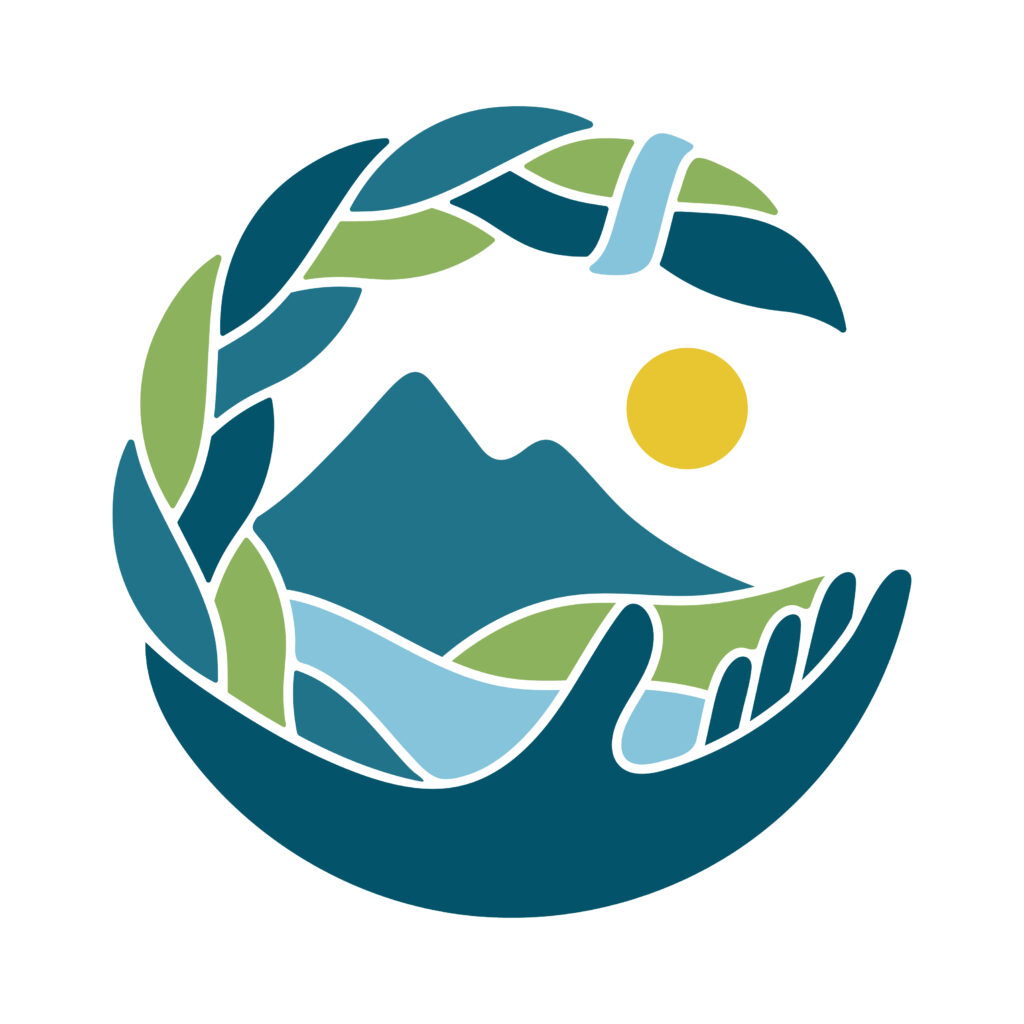
Our logo represents who we are and how we approach our work. The three strands of the braid embody the values guiding our work and how we expect others to work with us: through respect, honesty, and humility.
It also reflects how we work to weave together Indigenous and western worldview. We know this is the best way to build strong, effective, and durable climate policy. The image emphasizes both that we work across the country, and that at the heart of our work is a respect and connection to the land and waters. The supportive hand shows that our work is guided by wellness: of the team, of the land, of the climate, and of all our relations.
It was created by Design de Plume, a women-led, Indigenously-owned design team that works to “create inclusive and accessible designs for social good.”

Research
Discover our first scoping paper on Healthy Energy Homes
The Healthy Energy Homes project, a partnership with Indigenous Clean Energy, takes a new approach to address a concern Indigenous Peoples have been raising for decades—poor quality homes are causing severe health impacts in Indigenous communities across Canada. Thousands of people in community suffer from respiratory, cardiovascular, and mental illnesses that are either aggravated or directly caused by a decades-long legacy of inadequate and unsafe housing, now worsened by climate change. Dramatically improving this housing stock, specifically through the construction of a new generation of healthy, energy-efficient homes, is a direct means of addressing poor Indigenous health outcomes, reducing emissions, and improving climate resilience.
Through the fall of 2023 to the spring of 2025 we will be producing reports on this topic. If you are interested in learning more, please sign up for our Indigenous newsletter for updates or contact us indigenousresearch@climateinstitute.ca.
Indigenous Perspectives Case Study Program
This program started in the fall of 2021. Using a case study and mentorship model, it seeks to profile Indigenous-led research in climate policy successes, barriers, and lessons learned through responding to climate impacts, efforts to limit further warming, and participation in the global energy transition.
2024 Indigenous Perspective Case Studies

PUBLICATIONS
Reports and Scoping Papers
Case Studies
Blogs
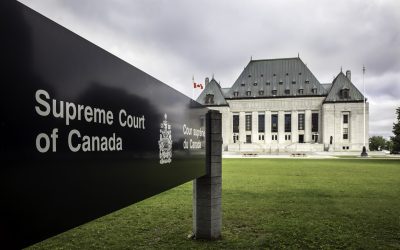
How the Supreme Court’s carbon price review intersects with Indigenous rights and reconciliation

Canada can’t reconcile climate change without reconciling with Indigenous Peoples and the Land

Partnerships
Working in partnership and co-developing climate policy research is important to us. We want to ensure that Indigenous research is led by Indigenous people and that we amplify the organizations that we work with and alongside. Below are some of the Canadian Climate Institute’s Indigenous partners and collaborators.
Collaborators and Partnerships:
Contact us: indigenousresearch@climateinstitute.ca
